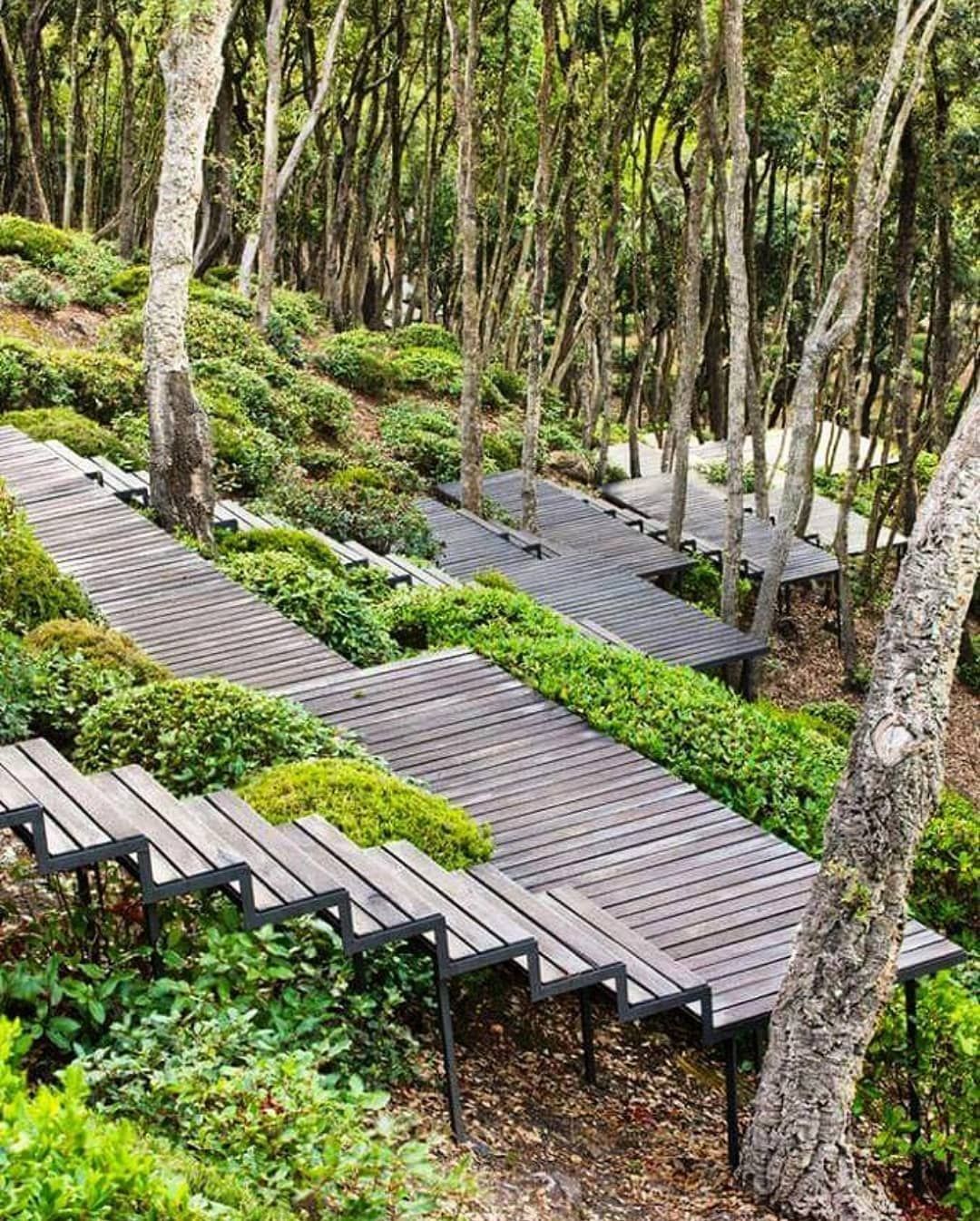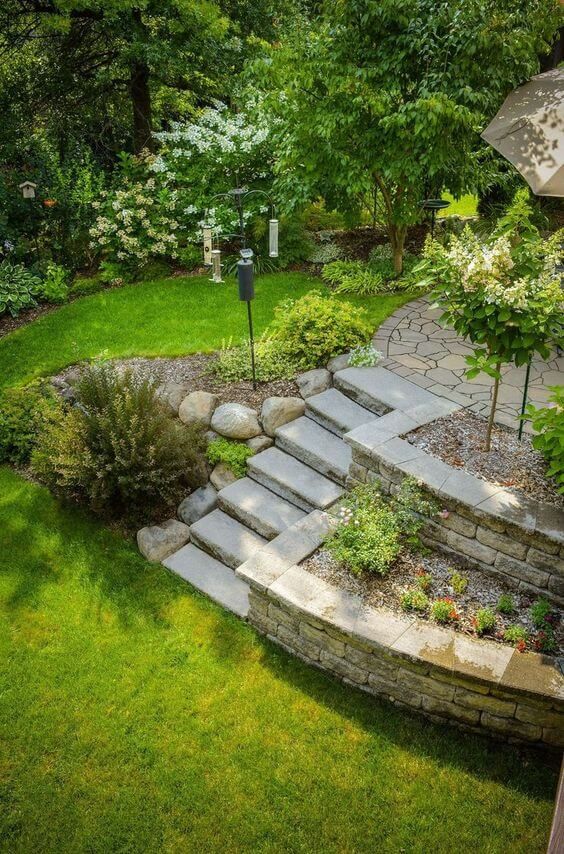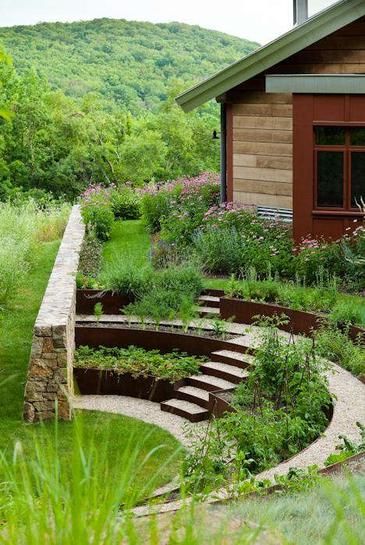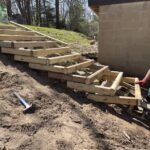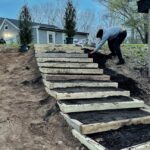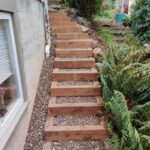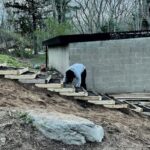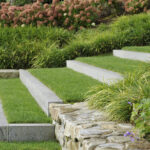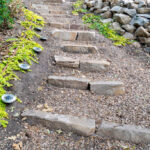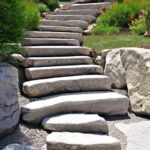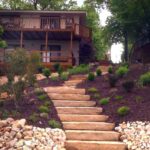Landscaping a slope can be a challenging task, but with the right techniques and know-how, it can be transformed into a beautiful and functional space. Here are some steps to help you tackle landscaping on a slope:
First, assess the slope and determine its angle and grade. This will help you plan the layout of your landscaping project and decide on the best plants and materials to use. Steeper slopes may require more terracing or retaining walls to create a stable and safe environment for plants and people.
Next, consider the drainage on the slope. Water runoff can be a major issue on sloped landscapes, so it’s important to plan for proper drainage to prevent erosion and water damage. Installing French drains, swales, or retaining walls can help redirect water and protect your plants.
When choosing plants for a sloped landscape, opt for species that are drought-tolerant, erosion-resistant, and can thrive in varying sun exposure. Groundcovers like creeping juniper or ornamental grasses can help stabilize the soil and prevent erosion, while shrubs, trees, and perennials can add color and texture to your landscape.
To prevent erosion and soil movement, consider adding mulch or rock ground cover to your slope. Mulch helps retain moisture, suppress weeds, and protect the soil from erosion, while rocks can provide a natural and low-maintenance ground cover. Both options can also add visual interest to your slope.
Create terraces or retaining walls to divide the slope into manageable sections. Terracing involves creating level platforms or steps on the slope, while retaining walls are structures that hold back soil and prevent erosion. Both options can add structure and visual appeal to your landscape, as well as provide additional planting opportunities.
Finally, maintain your sloped landscape regularly to keep it looking its best. This includes regular weeding, watering, pruning, and monitoring for erosion or other issues. By staying on top of maintenance tasks, you can ensure that your slope remains healthy and vibrant for years to come.
